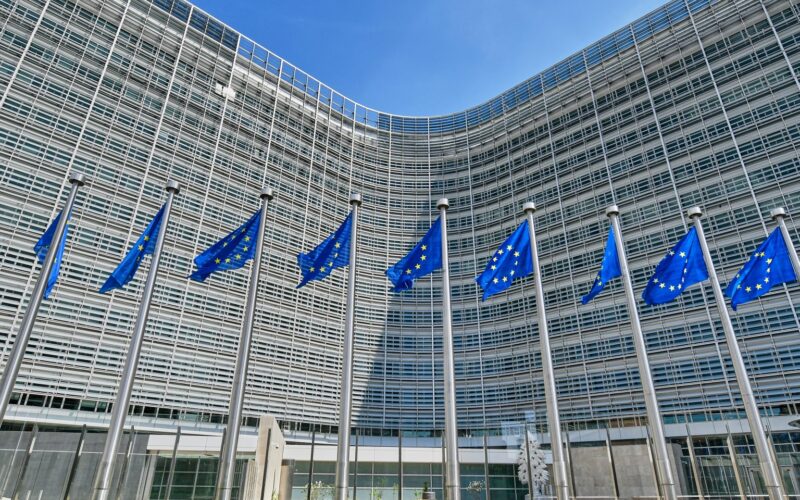The European Commission has released its 2024 State of the Energy Union Report, highlighting significant progress in the EU’s clean energy transition and addressing the challenges ahead. The report highlights the significant strides made in energy security, market stabilisation, and the shift towards climate neutrality.
The report reveals key achievements, including renewable energy accounting for 50% of the EU’s electricity in the first half of 2024, a reduction in Russian gas imports from 45% in 2021 to 18% by mid-2024, and a gas demand reduction of 138 billion cubic meters between August 2022 and May 2024.
The EU also met its 90% winter gas storage target ahead of schedule and reduced greenhouse gas emissions by 32.5% from 1990 to 2022, while the economy grew by 67% during the same period. However, the report emphasises the need for further progress to meet the 11.7% energy consumption reduction target by 2030 and calls for increased efforts in energy efficiency, electrification of heating systems, and building renovations.
The Commission urges Member States to update their National Energy and Climate Plans (NECPs) to ensure they meet the 55% emissions reduction target by 2030. The report also addresses emerging challenges such as the ambition gap in renewables, energy poverty, and global competitiveness.
In the face of the ongoing energy crisis in Ukraine, the EU has demonstrated solidarity, stabilising Ukraine’s energy system by synchronising its grid with the Continental European Network. By July 2024, 40% of donations from EU Member States were directed to Ukraine’s energy sector, totalling over €900 million, with an additional €500 million mobilised by the Ukraine Energy Support Fund. The EU’s €50 billion Ukraine Facility will also support Ukraine’s recovery until 2027.
The EU’s energy strategy also focuses on enhancing competitiveness in net-zero technologies, supported by the Net-Zero Industry Act and the Critical Raw Materials Act. Industrial alliances, including the European Battery Alliance and the European Clean Hydrogen Alliance, play critical roles in accelerating clean technology development. The European Hydrogen Bank, funded by the EU ETS Innovation Fund, has awarded nearly €720 million to renewable hydrogen projects.
The report also addresses the importance of consumer protection in the clean energy transition, with new legislation under the reformed Electricity Market Design ensuring that the most vulnerable are shielded from disconnections and excessive energy prices. The Social Climate Fund will mobilise at least €86.7 billion for 2026-2032 to support energy efficiency, clean heating, affordable housing, and zero-emission mobility, with provisions for temporary income support for those in need.


















